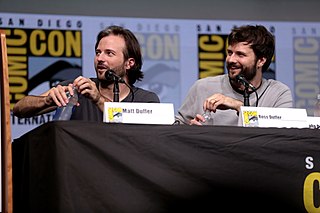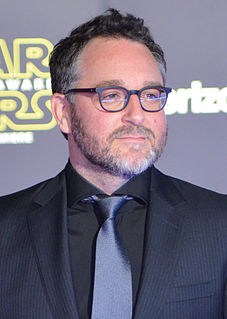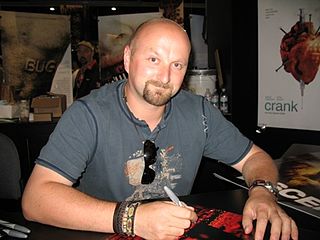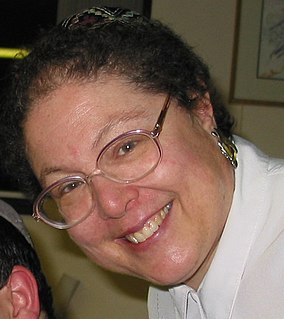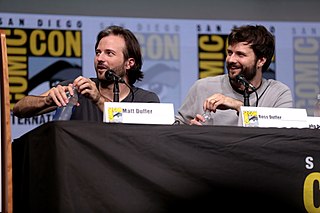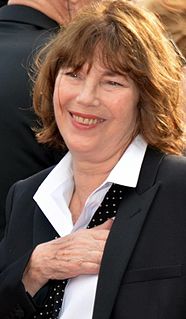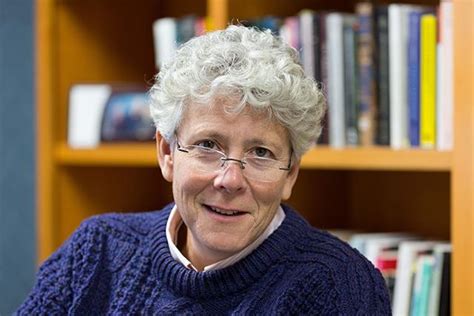A Quote by Ross Duffer
The biggest and most important part of our childhood was making movies. Our whole drive in life was to do this for a living, and then also to try to recapture that feeling that we had when we were telling those stories in the summer.
Related Quotes
As ephemeral as our footprints were in the sand along the river, so also were those moments of childhood caught in the photographs. And so will be our family itself, our marriage, the children who enriched it and the love that has carried us through so much. All this will be gone. What we hope will remain are these pictures, telling our brief story.
The healing that can grow out of the simple act of telling our stories is often quite remarkable. Even more remarkably, this healing is not just our own healing, it is the healing of all women. That's why, as we tell our stories to ourselves, it is also important to share them with others. This sharing brings a sense of kinship, of sisterhood. We understand that we are not alone in our efforts to become conscious, whole, healthy persons.
The '80s just had this sense of outrageous fun coupled with great stories and characters. Then there's the practical effects and buckets of gore in movies. These are movies that, for the most part, still stand up to this day. But I guess the real reason for my love and obsession with this period is these were my first horror movies. I was a teenager during the '80s and I think spending that part of your life in that particular time really has an impact on you for the rest of your life.
My real purpose in telling middle-school students stories was to practice telling stories. And I practiced on the greatest model of storytelling we've got, which is "The Iliad" and "The Odyssey." I told those stories many, many times. And the way I would justify it to the head teacher if he came in or to any parents who complained was, look, I'm telling these great stories because they're part of our cultural heritage. I did believe that.
So I found myself telling my own stories. It was strange: as I did it I realised how much we get shaped by our stories. It's like the stories of our lives make us the people we are. If someone had no stories, they wouldn't be human, wouldn't exist. And if my stories had been different I wouldn't be the person I am.
I'm convinced that we can write and live our own scripts more than most people will acknowledge. I also know the price that must be paid. It's a real struggle to do it. It requires visualization and affirmation. It involves living a life of integrity, starting with making and keeping promises, until the whole human personality the senses, the thinking, the feeling, and the intuition are ultimately integrated and harmonized.
